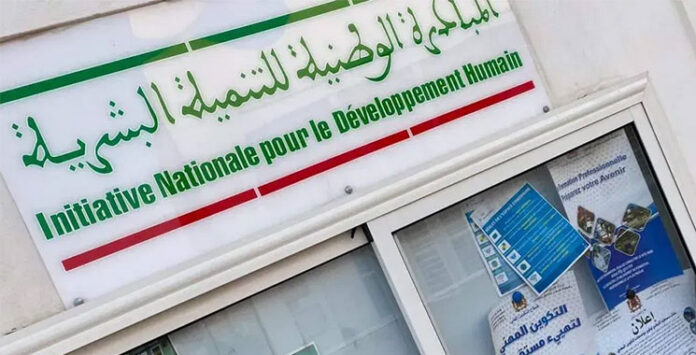The World Bank has praised Morocco’s National Initiative for Human Development (INDH), calling it an “outstanding model” within the Middle East and North Africa. The accolade appears in the institution’s 2025 Human Development Report for the MENA region, which was unveiled Monday in Washington, D.C.
Launched in 2005 by King Mohammed VI, the INDH is recognized for making meaningful progress, especially in early childhood development. The World Bank highlights the program’s central role in tackling poverty and improving living conditions for the country’s most vulnerable communities.
Between 2019 and 2023, the Initiative shifted its strategy, moving away from a traditional infrastructure-based approach to one focused more on direct human impact. With a budget of 18 billion dirhams, this third phase placed special emphasis on early childhood services and strengthened collaboration between public institutions and private partners.
During this period, the program prioritized several key areas: improving maternal and child health, addressing nutritional challenges, supporting cognitive development, and reducing school dropout rates. Through an integrated approach, the INDH worked to enhance the quality of services while improving coordination among the various sectors involved.
One of the Initiative’s most praised elements is its participatory and decentralized framework, which empowers local stakeholders and is guided by data-driven decision-making. The World Bank emphasized that this grassroots-oriented strategy gives local actors a more active role in shaping development policies and ensures that interventions are better aligned with community needs.
To support its efforts, the INDH implemented a comprehensive monitoring system based on a digital dashboard. This tool gathers data from relevant ministries as well as household surveys to provide real-time insights, allowing programs to be adjusted according to evolving local conditions. A new version of this digital platform is scheduled for launch in 2025, aimed at providing even more support to local committees across the country.
Beyond the scope of the INDH, the World Bank report also highlights Morocco’s broader strides in sustainable development. The transition to renewable energy is expected to generate as many as 28,000 jobs by 2030, paving the way for a more sustainable economy. Additionally, the demand for green skills is on the rise, with Moroccan workers increasingly prepared to meet the needs of a low-carbon future.
Another area where Morocco is making a mark is in the growing field of digital freelance work. The report notes that the country ranks among the top contributors to the global online workforce, thanks to the rapid expansion of digital platforms.
Finally, the World Bank commends the quality of Morocco’s social registry systems. These databases make it possible to better coordinate social assistance and health insurance programs. By linking the two systems, the government is not only improving policy effectiveness but also expanding access to essential services for a broader segment of the population.





